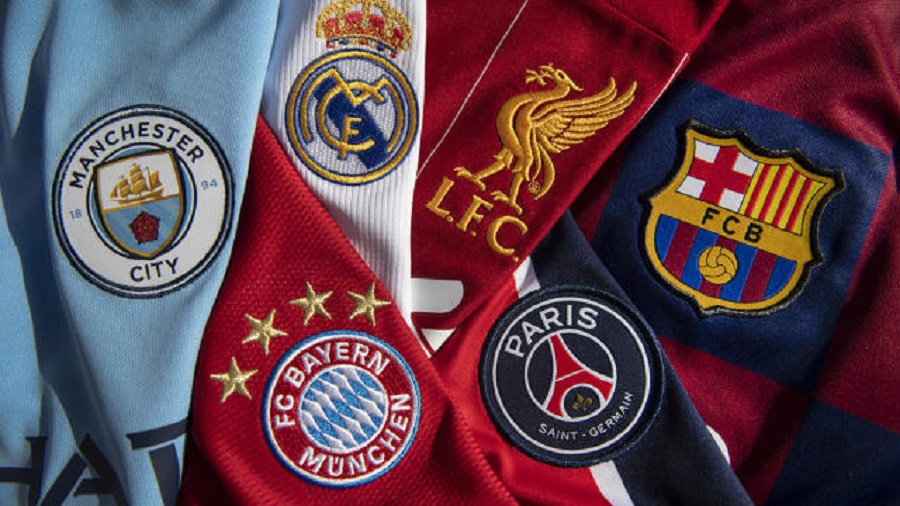The football world was stunned late on Sunday evening when the European Super League announced its formation, with 12 teams from 3 European nations, namely England, Spain, and Italy confirming their participation, with no representatives from Germany and France.
The founding teams are AC Milan, Arsenal, Atlético de Madrid, Chelsea, FC Barcelona, FC Internazionale Milano, Juventus, Liverpool, Manchester City, Manchester United, Real Madrid and Tottenham Hotspur. Three more teams will announce their participation before the end of the season while there will be 5 slots for qualifying teams.
The clubs will play midweek fixtures while continuing to play in their national leagues.
The ESL: A background
The competitive nature of the leagues around Europe has meant that a number of top teams miss out on playing in the Champions League, thereby affecting their finances, as well as the ability to attract top talent. Teams such as Arsenal and AC Milan, will mostly benefit from this, as they have been out of Europe’s top competition for a while, although they are European superpower teams.
The ESL offers a lucrative incentive: they won’t need to worry about qualification, which means that income is almost guaranteed. The Super League also offers a chance of regularly playing against the best teams on the continent, which will offer timely reminders on the gaps to the best teams, and also showcase in real time what needs to be done to close this gap.
Different schools of thought
The formation of the European Super League has been met with a lot of criticism by different sections of the football world, namely fans, pundits, the press, former players, as well as other stakeholders. The argument is that it favours the big clubs who will permanently be at the top table regardless of their final league positions.
The other condemnation is that it takes away the excitement many small clubs enjoy from testing their might against the big teams. Gone will be the archetypal fixtures of “good” vs evil”, a scenario in which a modest club through sheer financial prudence can test itself against teams who have oligarchs in charge with an almost inexhaustible pool of resources.
UEFA’s stance
UEFA released a strongly worded statement about its opposition to the competition, which would obviously threaten the popularity and relevance of its own flagship competitions, the UEFA Champions League and Europa League. A part of its statement, also signed by the Premier League, La Liga and Serie A, reads, “If this were to happen, we wish to reiterate that we – UEFA, the English FA, RFEF, FIGC, the Premier League, LaLiga, Lega Serie A, but also FIFA and all our member associations – will remain united in our efforts to stop this cynical project, a project that is founded on the self-interest of a few clubs at a time when society needs solidarity more than ever.”
What the clubs stand to benefit
In its inaugural statement, the ESL said that the new tournament would provide significantly greater economic growth and support for European football, as well as include uncapped solidarity payments, which would be substantially higher than those in the current European competition.
Although the amount was not specified, it is believed that the amount will be expected to be in excess of €10bn (£8.6bn) during the “initial commitment period.” The founding clubs have also been promised a further €3.5bn (£3bn) for founding clubs to “support their infrastructure investment plans and to offset the impact of the COVID pandemic.” The Covid-19 pandemic affected the revenues of major European teams who rely on matchday revenues to augment other income streams.
The potential TV rights from the ESL is also an attractive proposition, as it hopes to generate €4bn (£3.5bn) annually from broadcasters, with the founding clubs taking the greatest slice.
According to SkySports News reporter, Kaveh Solhekol, the European teams which make between £50-70 million a year from playing in the UEFA Champions League could be making as much as £250 million a year in the European Super League.
Final Thoughts
It is believed that the European Super League will not see the light of day due to stiff opposition from different quarters, but the groundworks have been laid already. If UEFA doesn’t try to make the big teams, who are the top draw of the competition, they would just become more disgruntled. It might not happen now, but it would, eventually. The incentives are too many to gloss over.
